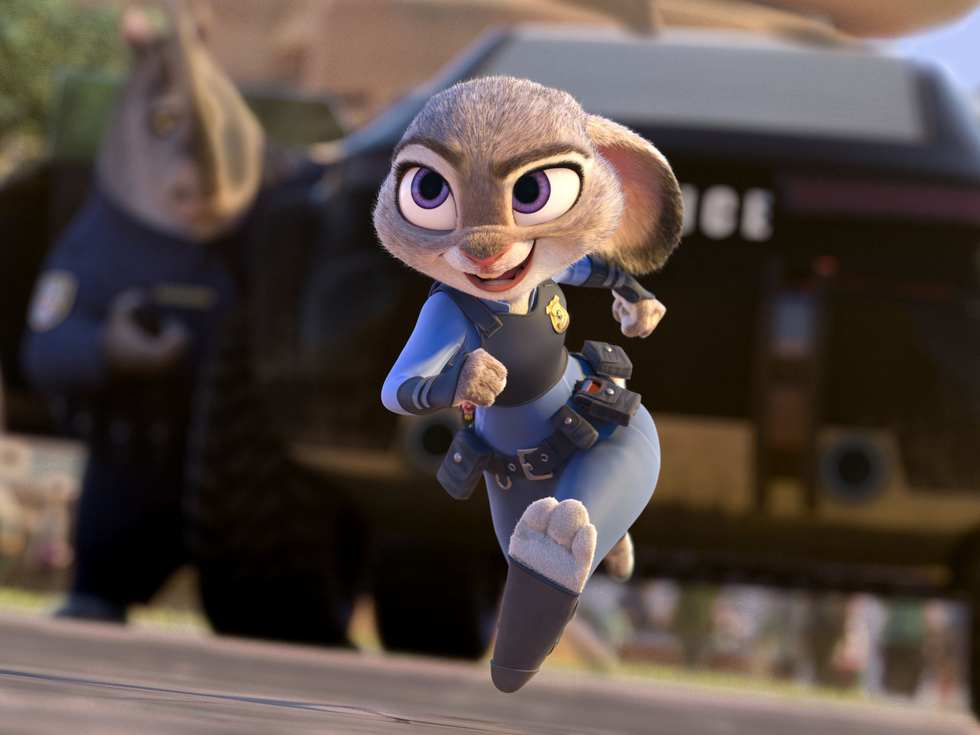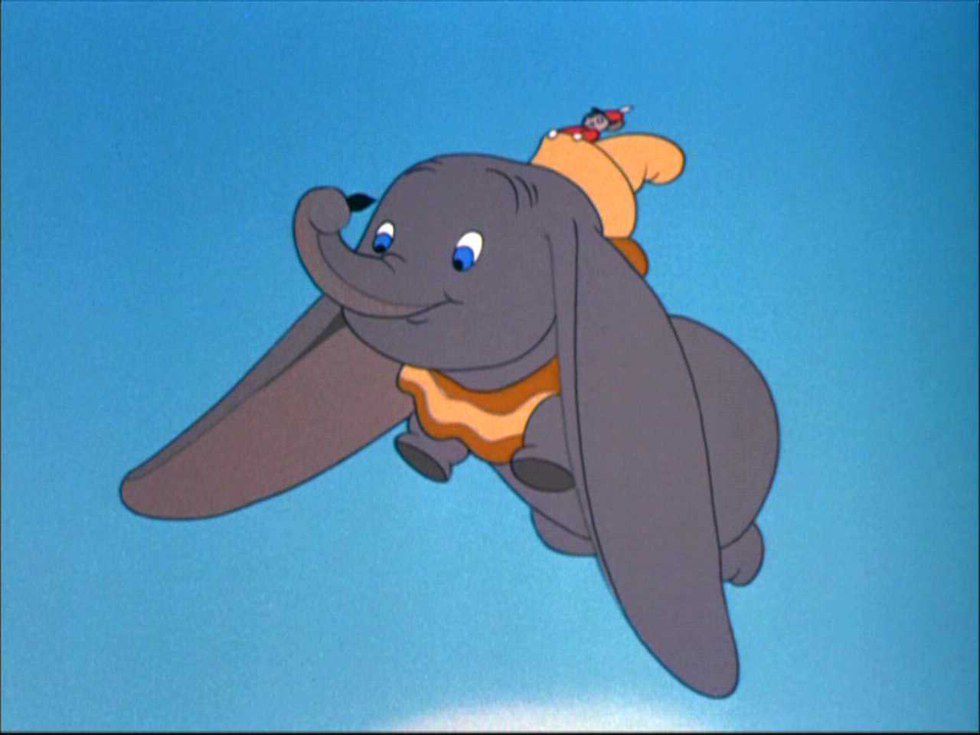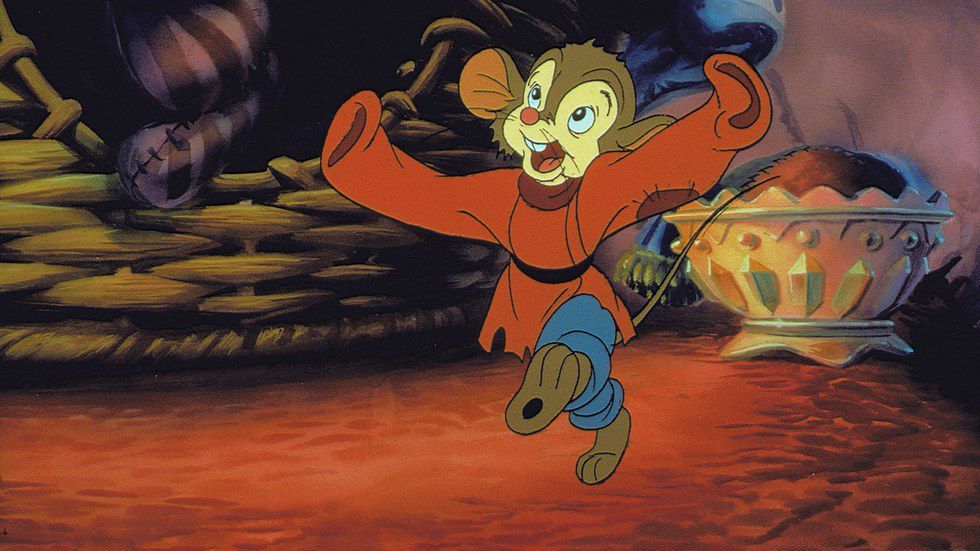If you are anything at all like me, you find indescribable comfort in watching feel-good animated family features (possibly more than in any other movie genre). There is something strangely magical - even as an adult - about relishing in the colorful and ever-optimistic world of cartoon movies. Not only do these films gently pluck us from harsh reality for a while (usually for just under 2 hours), but they also typically deliver valuable morals relevant even to the lives of mundane adults. Some of the animated films of the twentieth and twenty-first centuries from Disney and beyond are more life lesson-driven than others. Many of these teachable cartoon flicks focus - directly or indirectly - on the beauty found in human diversity. Popular since the birth of animated features themselves, stories of rags-to-riches characters and enchanting ability-based differences have charmed audiences time and time again. American movie culture is charged more than ever now with these sorts of social issues; moviegoers have more chances to empathize with fictional characters because of this. The LGBT, Black Lives Matter and Mental Health social movements all contribute to the supportive energy that has been slowly growing for decades (and that is just now blossoming). Explained below are two recent animated releases and two more must-see classic (older) animated films that exemplify careful attention to representation and the important social contexts that surround(ed) the films.
Finding Dory (2016)
Sure, Dory is the long-awaited sequel to a 2003 instant box office success, but there is more to love in Dory than just hyper-enhanced computer graphics that accentuate each individual strand of hair and beam of light (the first of their kind, believe it or not). More to love, too, than Dory's remarkable arsenal of new, funny undersea friends. The reason Dory herself is so likable in the first place is because of her quirky disability that we remember from the first Nemo film: her short-term memory loss (in which she forgets everything she was doing and saying and with whom every few seconds). We recall that the star of the first film, Nemo, had his own disability: a damaged fin that impaired his ability to swim like the rest of his fish friends. The Disney-Pixar team worked hard to encourage young viewers with impediments like Nemo's by making sure to portray the youthful clownfish as able, in the end, to overcome all of the challenges set before him despite his physical ailment. Dory as a character follows the same arc in her movie but is different because she represents another group of disadvantaged individuals often overlooked in mass media: those with mental disabilities. Whether she speaks for those with challenged memory, those with down syndrome or those with generalized anxiety disorder, Dory the hapless and lovable blue tang fish is bound to put a smile on everyone's face. I won't give anything away for those who have yet to see the new film (run, don't walk, to your nearest theater and buy that ticket), but I will say that Dory is able to accomplish more than she ever thought possible in her namesake film.
Zootopia (2016)
Zootopia is the feel-good blockbuster that no one saw coming. Hardly anyone I talked to prior to the film's early 2016 release knew anything about the film's plot or just how well-received the movie was bound to become. The film traces the progress of young, social climbing rabbit Judy Hopps, who is seemingly destined to become a carrot farmer like her mother, father and hundreds of siblings. From the start, Judy does not fit in. She does everything in her power to free herself from the social stigma associated with her gender, her species (what we might, as humans, associate with race or ethnicity) and economic background (farmer/rural). Unfortunately, when Judy moves to Zootopia, the big city of the film, she is constantly mocked and underestimated despite her perseverance and hard work toward the career goal she has in mind: policework. Her ultimately successful journey to professional success, friendship and love serves as a moral conduit for young people (and adults alike) seeking to break stereotypes and achieve more.
Dumbo (1941)
If you haven't ever seen Dumbo, now is the time. Maybe you have ridden those hilarious up-and-down flying elephants on the Dumbo ride in Disney World, but you've never seen the old-timey film itself. Whatever the case, this animated Disney flick is bound to warm even the coldest of hearts. The movie is devoted to the lovable physical oddities that are Dumbo's ears. If you don't already know (which you should), Dumbo is a baby circus elephant who learns how to use his giant, floppy ears to fly. His ears are what make him unique and, by the end of the movie, adored. Like Dory's character, Dumbo's quirk is at first seen as different in a bad way.
An American Tail (1986)
For some strange reason, I never saw this movie growing up. I was 20 years old when I finally did see this movie and, honestly, I'm happy to have seen it in adulthood. As I intently watched Steven Spielberg's first foray into animation, I was able to precisely identify the socio-economic struggles of immigration in ways I never would have been able to as a child. The movie made sense to me and therefore packed a bigger "pathos punch." An American Tail follows young Fievel Mousekewicz and his poor immediate family on their (at times) miserable journey from Russia to the United States. The film is chock full of prejudice but also - most importantly - friendship and triumph. If you or someone you know has ever struggled with ethnicity-based stereotyping or bigotry, this one will make you feel especially fuzzy inside.
Whether you are a stickler for the beautifully humble pre-2000s classics or prefer the eye-catching three-dimensional worlds of twenty-first century animated films, you are sure to find one that represents an oppressed walk of life in need of better and more realistic exposure. We live in a world packed with people who are forgetful, underestimated, physically awkward and treated differently because of their racial background. If you ever need a bit of a moral boost, do what I do: just watch a good animated movie.

























